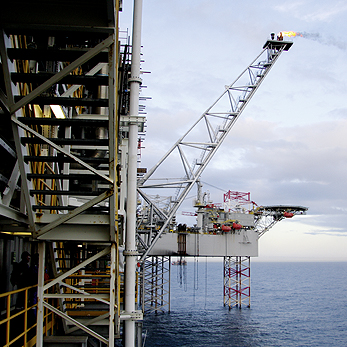What has been done?
Potentially polluting activities are subject to a wide range of measures
Although international organisations such as the EU and the International Maritime Organization have developed environmental measures relevant to the offshore industry, OSPAR is the key international organisation addressing environmental aspects of offshore oil and gas activities in the North-East Atlantic.
OSPAR has adopted a wide range of programmes and measures to reduce pollution from all phases of offshore activities Table 7.2. These include the reduction of oil in produced water, substantial restrictions on the use and discharge of organic-phase drilling fluids, and the banning of dumping or leaving in place disused offshore installations, subject to derogation in certain specified cases. Nearly all offshore operators have now followed OSPAR’s promotion of environmental management systems for offshore installations to support the objectives of the Offshore Oil and Gas Industry Strategy and have adopted comparable schemes.
OSPAR countries are also committed to phasing out discharges of certain chemicals used offshore and to do so by 2010 for OSPAR priority chemicals and by 2017 for substances identified by OSPAR as candidates for substitution. OSPAR has continued to promote a shift towards the use of less hazardous substances, or preferably non-hazardous substances, in the offshore industry through its harmonised mandatory control system. Using harmonised notification formats and harmonised pre-screening procedures for offshore chemicals, decisions on the regulation of offshore discharges have become more transparent and more predictable. There is a need to bring the harmonised mandatory control system further in line with the EU REACH Regulation.

